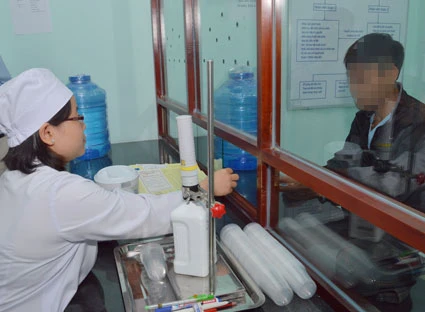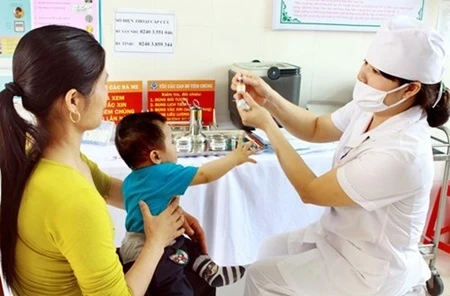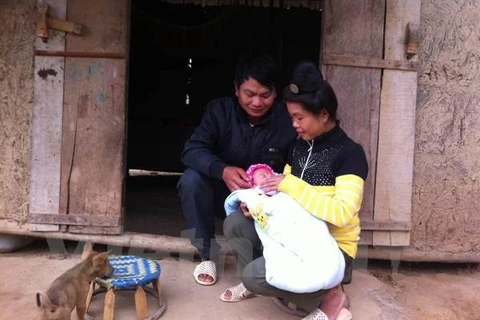Discrimination against people living with HIV/AIDS in families, work places and health care establishments is hindering Vietnam’s HIV/AIDS prevention efforts, as heard a workshop in Ho Chi Minh City on October 9.
Held by the Health Ministry’s Department of HIV/AIDS Prevention and Control, the Department of Judicial Support under the Ministry of Justice and the municipal Committee for AIDS Prevention and Control , the event aimed to call for an end to discrimination against people living with HIV/AIDS, thus enhancing judicial assistance for them.
According to Dr. Hoang Dinh Canh, Deputy Director of the Department of HIV/AIDS Prevention and Control, Vietnam has reaped positive results in its fight against HIV/AIDS in the last decade.
In 2006-2007, around 30,000 new HIV cases were reported each year. The figure now stands at 12,000, down over 50 percent, Canh said.
Dr. Do Huu Thuy from the department said community discrimination makes it difficult to combat HIV/AIDS, increasing infection risks and restricting a number of basic civil rights.
Additionally, the situation also limits the effectiveness of current management, care, medical treatment and consultation supply for people with HIV/AIDS, he noted.
Vietnam will encounter difficulties in achieving its goal of AIDS elimination by 2030 if discrimination persists, Thuy stressed, elaborating that fear of shame and stigma will keep high-risk HIV/AIDS groups from seeking care, testing and antiretroviral (ARV) treatment or disclosing their status to partners.
Representatives from the Department of Judicial Support introduced participants to coordination principles in fighting HIV/AIDS and judicial assistance for people living with HIV. They also highlighted the role played by local-level health and judicial departments in the field.
Implementing coordination efforts in fighting HIV/AIDS in localities will not only help those living with HIV/AIDS access judicial support services but also raise awareness among medical staff and judicial assistants who directly work in the field.-VNA
























